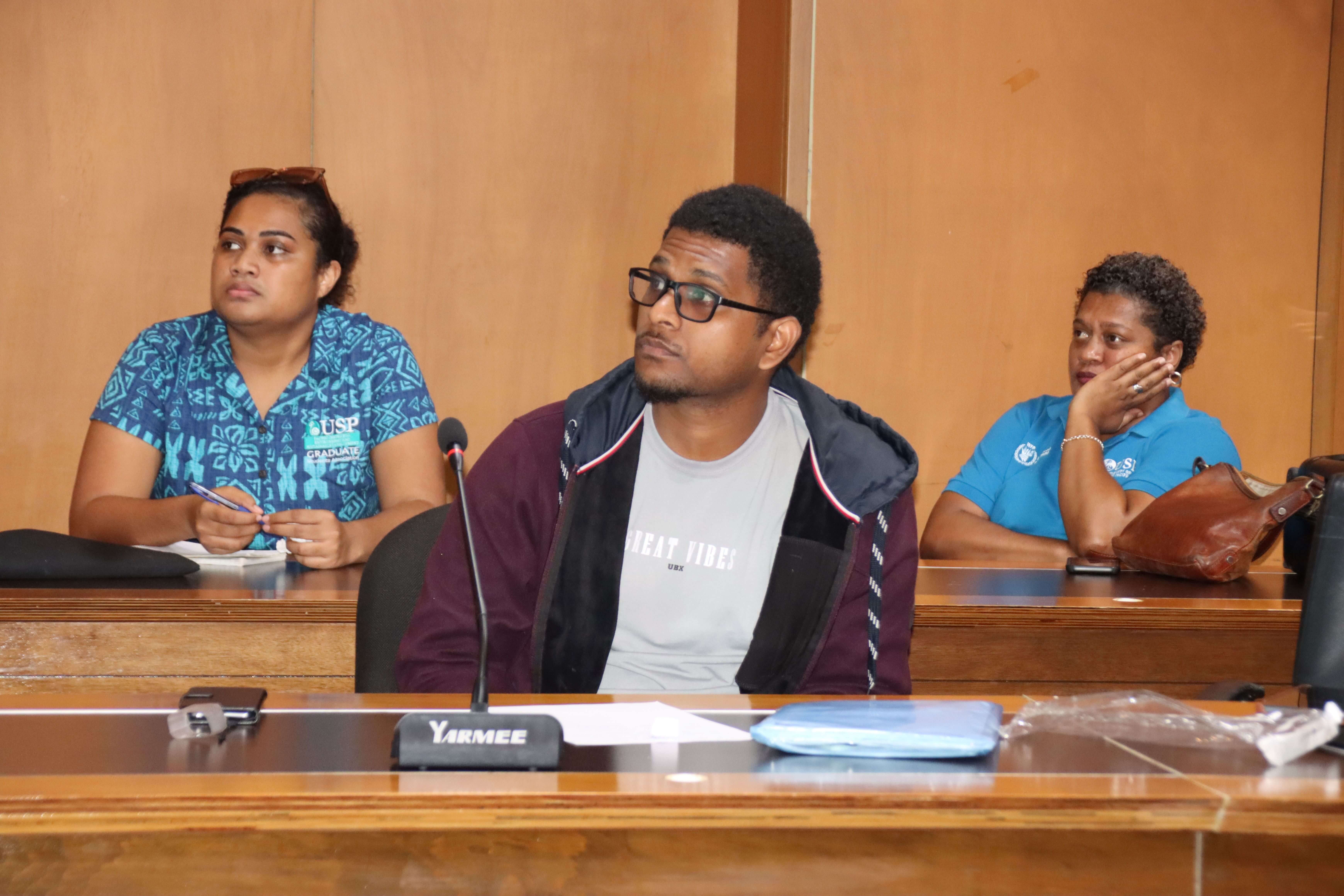Related News

In the heart of the Pacific, where crystal-clear waters meet vibrant cultures, a silent health crisis has been brewing. Noncommunicable diseases (NCDs), including cardiovascular diseases, diabetes, cancer, and chronic respiratory conditions, silently claim the lives of many, constituting a staggering 75% of all deaths in the region.
This alarming reality has thrust the Pacific into a ‘human, social, and economic crisis,’ challenging the fabric of the healthy island vision and the pursuit of sustainable development goals.
Amid a looming health crisis, a glimmer of hope arises through the Global Health Research on Community Food for Human Nutrition and Planetary Health in Small Islands (Global CFAH).
This transformative initiative extends its reach across four nations: Fiji, the Philippines, Dominica, and St. Lucia. Taking the helm of this pioneering effort is The University of the South Pacific (USP), which has successfully garnered funding from the esteemed National Institute for Health Research through the University of Exeter in the United Kingdom (UK).
This collaboration unites passionate minds and compassionate hearts in a collective endeavour to tackle the urgent health challenges plaguing the Pacific region.
Through the Pacific Center for Environment and Suitable Development (PaCE-SD), the Global Community Food and Health project, a collaborative and interdisciplinary initiative, a devoted team of researchers USP, PaCE-SD and FRIEND, is currently immersed in extensive training sessions focused on data collection, utilising the cutting-edge REDCAP tool inclusive of TAPE.
The primary objective of these tools is to unravel the complexities surrounding population diets, nutritional statuses, the contribution of food sources, community food production, socio-cultural influences, and economic & environmental factors.
Facilitating this transformative training are experts from the University of Exeter, The James Hutton Institute and the Universities of The West Indies, Dr Emily Haynes, Dr Trinity Ndlovu, Ms Catherine Brown, and Ms Khadjia Patel, respectively, bringing their wealth of knowledge to the virtual table, guiding participants through the intricacies of data collection via the online Zoom platform.
Among the eager participants are staff and postgraduate students under PaCE-SD, USP, two dedicated dieticians from the Ministry of Health, and two researchers from the collaborative partner FRIEND.
The comprehensive training programme has two primary objectives. Firstly, it aims to ensure that each data collector is proficient in navigating the REDCAP tool and the TAPE tool and fully comprehends the nuanced questions directed at participants.
This proficiency is crucial for accurate and insightful data collection. Secondly, the training provides a distinctive opportunity for data collectors to gain direct insights from experts in the field. This not only enhances their understanding but also nurtures their capacity to make meaningful contributions to the broader field of research.
With the conclusion of the training on the horizon – set to wrap up on the 31st of January 2024 – the team is gearing up for a feasibility study. This critical step will test the efficacy of the tools before the scheduled baseline data collection in mid-February.
As the project unfolds, it becomes a testament to collaboration, research, and the collective determination to transform the health landscape of the Pacific.
“Seeds of Change” are being sown in the Pacific as a united front emerges to combat the silent scourge of NCDs. This narrative is one of resilience, education, and the unwavering belief that, together, these nations can plant the seeds of a healthier, happier future.
The Global CFaH project is a four-year initiative funded by the National Institute for Health Research, UK, with USP, PaCE-SD, and FRIEND as partners based in Fiji.